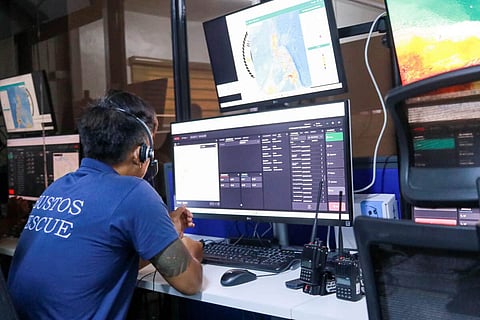
- NEWS
- the EDIT
- COMMENTARY
- BUSINESS
- LIFE
- SHOW
- ACTION
- GLOBAL GOALS
- SNAPS
- DYARYO TIRADA
- MORE

After President Ferdinand Marcos Jr. announced that the National Emergency Hotline will go nationwide next month, Malacañang said the system is expected to play a key role in supporting the Philippine National Police (PNP) in its crime-fighting efforts.
In a briefing on Tuesday, Palace Press Officer Undersecretary Claire Castro said the PNP can do “much better” with the implementation of the national emergency hotline.
“Rapid response can curtail or deter criminal activity. And easy access for police assistance will also give the public 100 percent confidence in our police force because of their quick action on their grievances or their experiences regarding criminality,” she said.
Castro also emphasized that police visibility on the streets will increase to ensure public safety.
Last month, Marcos ordered heightened police visibility, particularly in areas where commuters gather in the mornings, such as terminals.
The Unified 911 Emergency System will first be rolled out in the National Capital Region, Ilocos Region, Central Visayas and the Bangsamoro Autonomous Region in Muslim Mindanao.
According to the Department of the Interior and Local Government (DILG), other regions will follow after a successful launch in July.
The DILG said the upgraded system will feature geolocation tools, live-streaming capabilities, and the integration of police, fire and medical emergency services.
For its part, the PNP — under newly-installed Chief General Nicholas Torre III — is targeting a five-minute police response time during his leadership.
However, Torre acknowledged that in certain areas, this target may not always be achievable. Still, he stressed that a more reasonable response time must be implemented to ensure that emergencies are addressed effectively.
